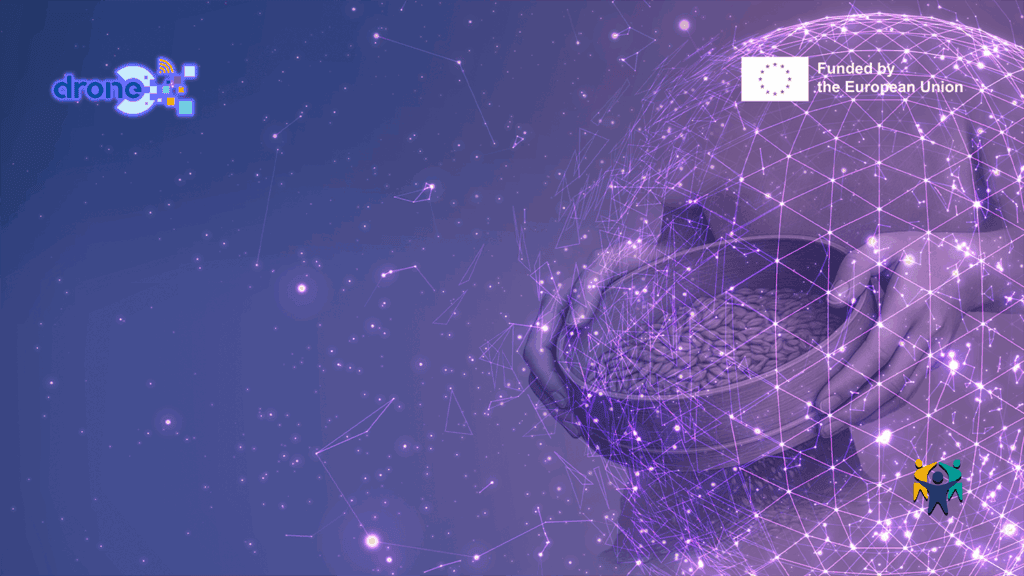Digital Citizenship Education: A Bold Step Toward a Smarter Future
In this article:
The Council of Europe’s Commitment to Digital Citizenship Education
The Council of Europe (CoE) dedicated 2025 to Digital Citizenship Education (DCE), and the kick-off event of the year took place in Strasbourg on 23-24 January. The event brought together practitioners, researchers, policymakers, and industry leaders from and beyond the 46 member states and observer countries of the CoE. Parents International is an official supporter of the year and was invited to contribute to the event. The initiative is more than timely, and as a global organization, we believe that there must be collaboration with countries outside of Europe in an interconnected world that has become so small through digitalization but still so diverse.
A Strategic Vision for Digital Citizenship Education
According to the official definition of the European Year 2025, it “stands as a unique opportunity to enhance the visibility and impact of digital citizenship education and reaffirm its value. This designated year should provide a strategic platform for key stakeholders from the public, private, and civil sectors to work together, set common goals, and share sense-making practices. It will provide a concise yet impactful space for measuring achievements and collectively defining a roadmap for the future of digital citizenship education. Through streamlined efforts, this initiative is expected to propel DCE forward, ensuring its resilience and effectiveness in the ever-evolving digital landscape.”
The first of three major events was designed to deepen the understanding of digital citizenship education and further promote its adoption by Member States and other stakeholders. The dense but very engaging programme made it possible for participants to share their diverse experiences as well as diverse perspectives that are still valid in the context of working towards the goals of the year and DCE in general.
Defining a Digital Citizen: Key Discussions at the Event
IPA‘s Director, Eszter Salamon, who has been involved in the work of the DCE Expert Group and the development of some of their previous results and documents, was invited to contribute to a panel that was asked to try and come up with an integrated approach to DCE. The participants, including a ministry representative from Slovenia, a representative of secondary school students, someone from a Safer Internet Centre, and a researcher of the topic, managed to reinforce each other’s messages and could properly contribute to an integrated approach using multiple perspectives.
The panel was asked to share their definition of a digital citizen, the distinctive features of DCE as compared to other competence frameworks such as media and information literacy, digital literacy, or digital competencies, and why it matters. In a round of stakeholder-specific questions, Parents International was asked to suggest three ways for parents to help children balance the social and interpersonal implications of using online technology. School leaders were notably absent from the table – an issue we raised in the conversation together with the need for the voice of younger children to be properly facilitated (and not through using them as decoration as some European organisations tend to do).
Parents’ Role in Digital Citizenship Education
Apart from emphasising the importance of role modelling, building trust between parents and children, and building resilience, our input highlighted often overlooked elements of digital citizenship such as curiosity, openness to learning from everybody regardless of their education level or professional background, and developing skills for scrutiny and scepticism.
The event offered an opportunity to share our yet-to-be-published DRONE research, which sparked curiosity, especially among Dutch participants. It was also an opportunity to promote tools and events of the Democrat project, especially since we have already agreed with the CoE that the final conference in Barcelona in November is becoming part of the year’s official programme. There was also interest in the work that we and our partners do in PARTICIPATE related to cyberbullying prevention.
We always use such opportunities to promote the SAILS resources as they are very relevant. In a small group discussion, the best ways to communicate about DCE were discussed, including peer-to-peer methodologies. Our successful Parent’R’Us mentoring approach was the only specific inspiring practice identified by the participants. It was also an opportunity to share the starting point (the four main purposes of education) and the outcomes of the Brookings research we were involved in recently.
Key Resources for Parents: Digi-Nauts Series and DCE Planner
Two tools developed by the CoE are especially relevant for parents. The Digi-Nauts series, specifically designed to support the educational work parents do at home, has been very well received by parents and children alike. The DCE planner will be relevant for those who are involved in school leadership or want to be more involved in ensuring that proper provisions are in place for their children. The Planner will be published soon.
Looking Ahead: Strengthening Digital Citizenship Education
Our team is excited to continue working with the CoE team as well as other stakeholders on this topic in 2025. In a period of growing disappointment with European democracy and democratic traditions in general, it is crucially important to review values and existing approaches, considering the growing number of people who challenge them and their reasons. The event took place shortly after Meta announced a step towards restoring free speech by removing their non-transparent “fact-checking” (while most probably still keeping their highly controversial moderation policies in place) on their platforms, and it was interesting to see the fear and confusion of many participants about it.
